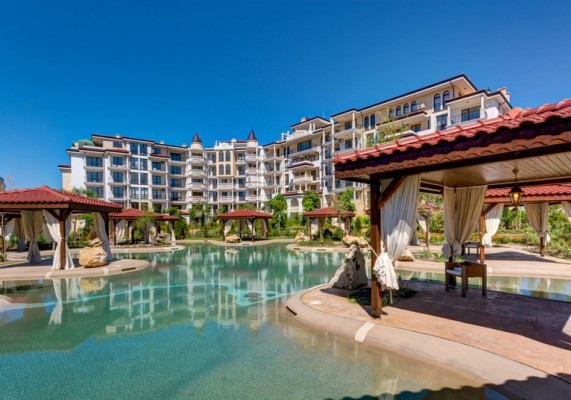For many people, settling in France is the realization of a long-cherished dream and the beginning of a new life. Whether you are drawn to the city, the countryside or the coast France offers ample opportunities to make that dream come true, and embarking on a long-term let could be the ideal way to do so. But what should you be aware of before you put pen to paper on your first tenancy agreement?
First of all, in France there is a clear distinction between furnished and unfurnished property lettings demanding differing obligations from both landlords and tenants. Furnished lettings are typically for a period of one year or longer with an automatically renewable lease clause unless notice is given by either party. The tenant is required to give one month’s notice if they intend to vacate the property, while the landlord must provide three months’ notice should they choose not to renew the lease.
For unfurnished property, the minimum lease period is three years if the dwelling is owned by an individual, or a minimum of six years if the landlord is a company or other housing body. Again, the tenant has the right to automatically renew the lease at the end of the contract. The legally required notice period in the case of unfurnished property is three months on the part of the tenant and six months on the landlord’s part.

Tenants can activate the notice period at any stage during the duration of the contract, whereas landlords can only refuse to renew the lease under specific circumstances. These include a wish to reclaim the property for personal use or certain breaches of the lease agreement such as damage to the property etc. In the case of a landlord wishing to sell the property, then the tenant has the legal right of first refusal at the market value agreed with a third party.
Lettings are generally handled by an estate agent rather than the landlord him/herself and you will be required to provide documentation relating to your identity and employment status or proof of pensions and other benefits. References from previous landlords or rental receipts may also be required. In return, the landlord should furnish you with a statutory survey and documents providing a description of the property (including any fixtures and fittings) and its condition at the commencement of the lease.
You should note that in France it is the responsibility of the tenant to attend to any routine maintenance required during the course of the lease. In the case of unfurnished property, the tenant is obliged to take out insurance covering damage caused by fire/flood etc. This might also include personal belongings. Failure to take out at least the minimum level of cover could result in the termination of the lease.
Should any problems arise during the occupation period, tenants are protected by the laws governing the French rental market. For example, a landlord is prohibited from evicting a tenant during the winter period (defined as between 1st November and 15th March) even if his/her grievance relates to rent arrears. In fact, unlike many countries, non-payment of rent must be specifically cited in the lease agreement as a trigger for termination of the contract or the landlord may face a protracted legal process to remove the tenant from the property.
These are just the basic facts you should know regarding long-term tenancy agreements in France, and taking further advice is strongly recommended. However, the regulations greatly favour the tenant and, providing you adhere to your obligations, you can be reasonably assured that your long-term rental in France will turn out to be everything you dreamed of.









